Puerto Madryn, June 20, 2022 – After a series of consultations with the civil society and the government of the Province of Chubut, national authorities and the fishing industry, the European Union announced the allocation of a significant grant for the protection of marine biodiversity and the promotion of sustainable development in the Patagonian region, in an act together with provincial government authorities and representatives of the local civil society.
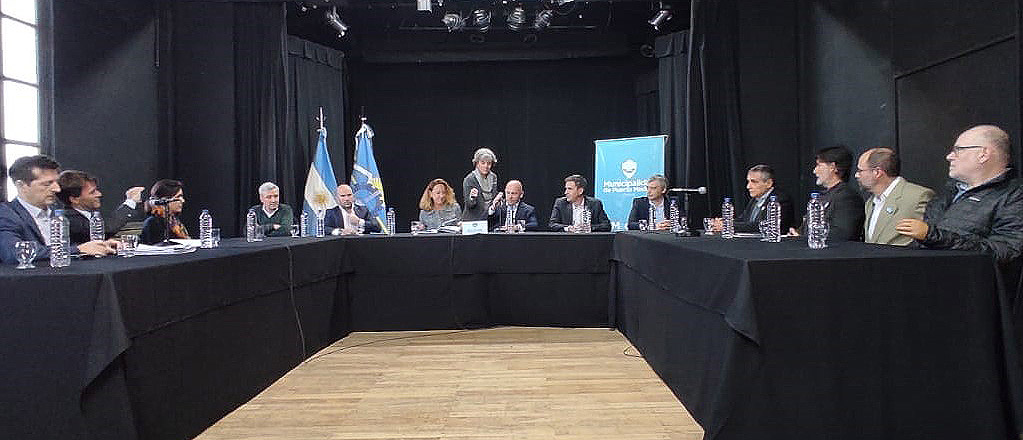
The European Union (EU) Delegation in Argentina has invited the Forum for the Conservation of the Patagonian Sea and Areas of Influence to present a project proposal on biodiversity conservation in the Argentine Sea, developed in collaboration with government institutions, experts, and relevant organizations. The EU will provide a subsidy to implement the future project, starting in 2023.
The Forum, a network of 23 civil society organizations present in four countries of the Southern Cone, will be the coordinator and administrator of this initiative. The intention is to support demonstrative interventions to mitigate serious environmental problems that affect coastal and marine protected areas in the Patagonia region, in order to generate knowledge and capacity to intervene on a larger scale.
The coastal-marine ecosystem of Chubut and the sectors near national marine protected areas are very suitable for pilot testing the project. The EU and the Forum have initiated consultations with provincial and national technical agencies to design future activities. During the coming months, participatory activities will be carried out that will allow the project to be formulated.
The news comes in the framework of the visit to Argentina by Myriam Ferrán, Deputy Director General for the International Partnerships of the European Commission; Javier Niño Pérez, Director for the Americas of the European External Action Service; and Cristina Lobillo Borrero, Director for Energy of the European Commission.
The officials, accompanied by Amador Sánchez Rico, the EU Ambassador in the country, made a special mission to the Province of Chubut, to see some of the sites and counterparts related to the implementation of the future initiative.
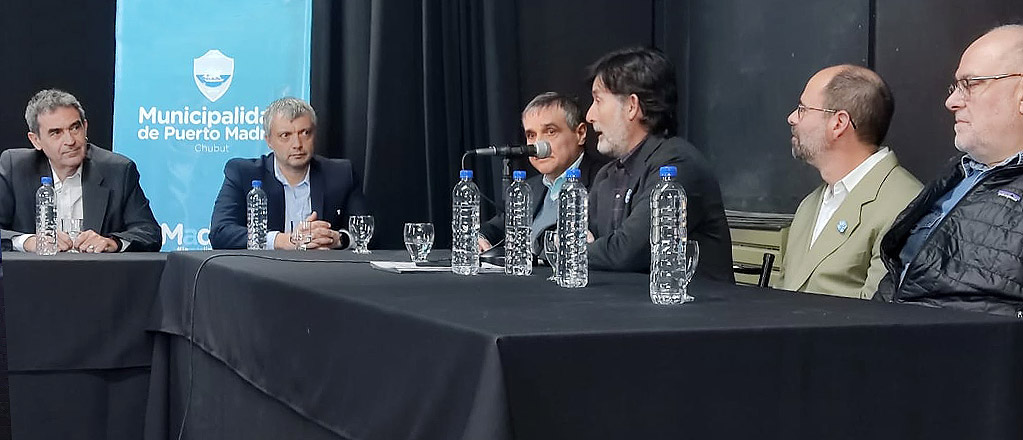
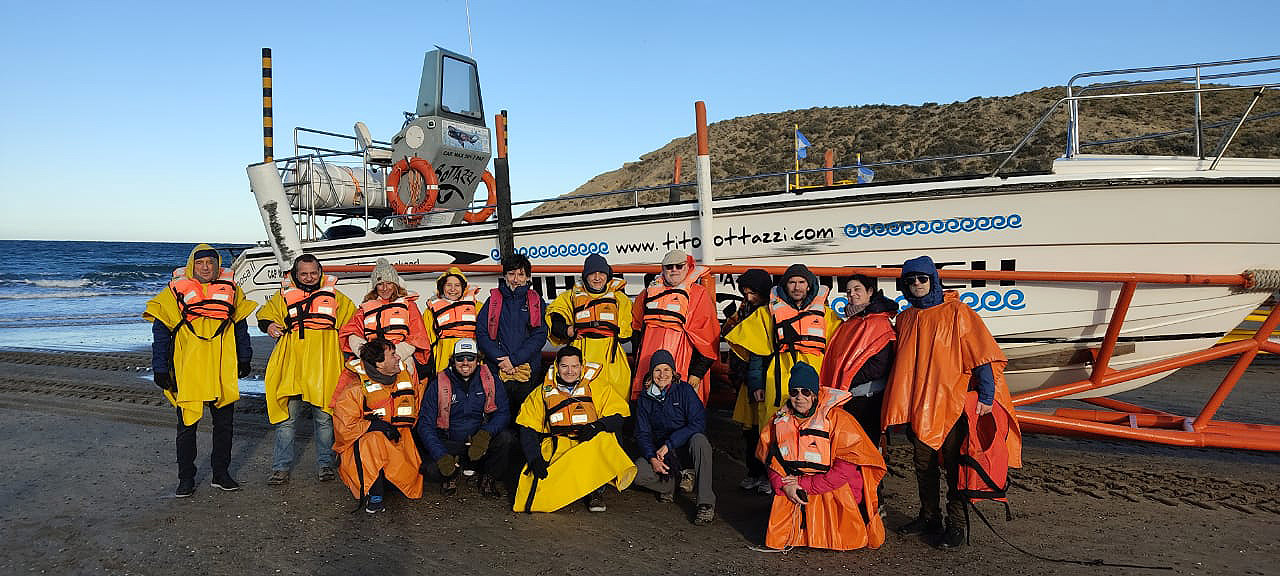
“Green transition is a priority for the EU, both within Europe and in our external action. Supporting the work in the territory carried out by networks of civil society organizations, as is the case of the Forum, allows us to consolidate spaces for multi-stakeholder dialogues in partnership with the competent authorities and to take concrete action on key issues such as the monitoring of marine biodiversity and work with the fishing industry for the adoption of sustainable practices,” said Myriam Ferrán, Deputy Director General for International Partnerships of the European Commission.
Alejandro Vila, president of the Forum’s Steering Group, said: “This project is an excellent opportunity to promote collaboration between governments, the private sector, scientists, and civil society so that together we can learn to mitigate some very worrying threats that currently limit the benefits of marine protected areas, such as the accumulation of plastics and the undesirable effects of large-scale fishing.”
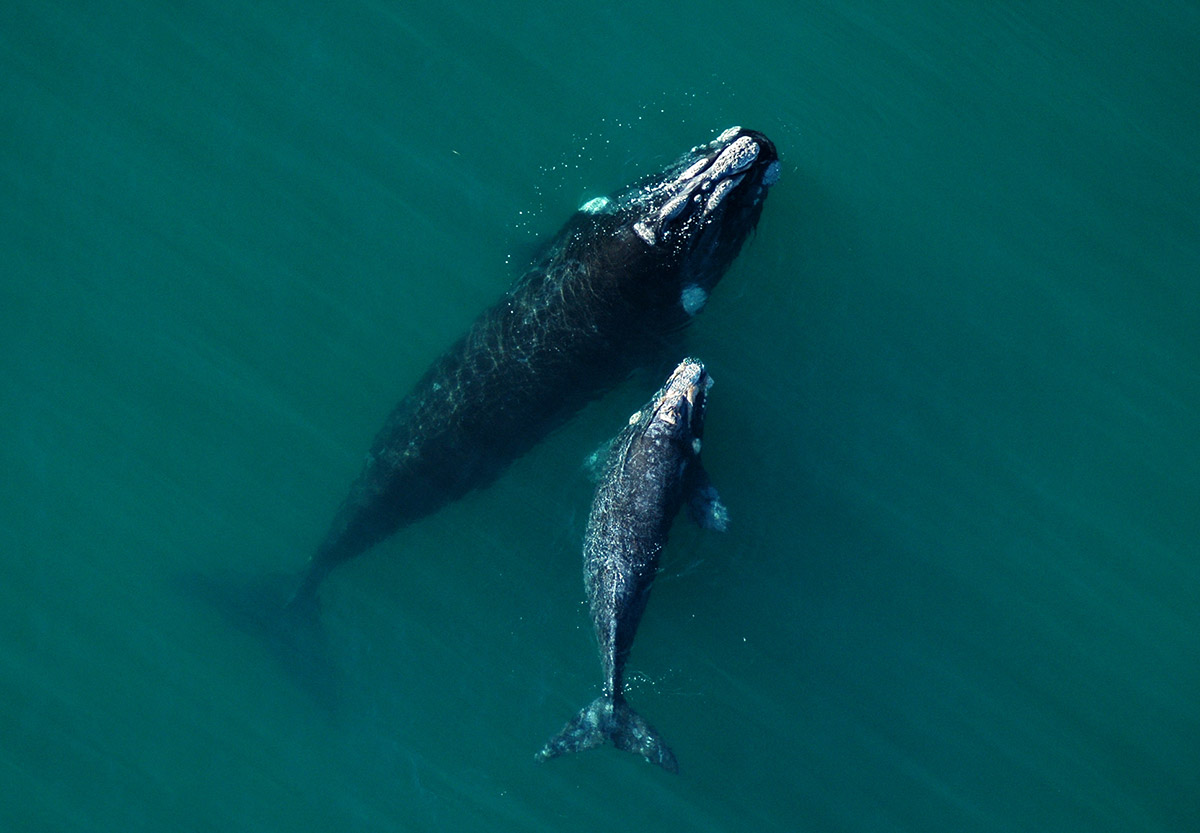
Mariano Sironi, Instituto de Conservación de Ballenas (ICB)
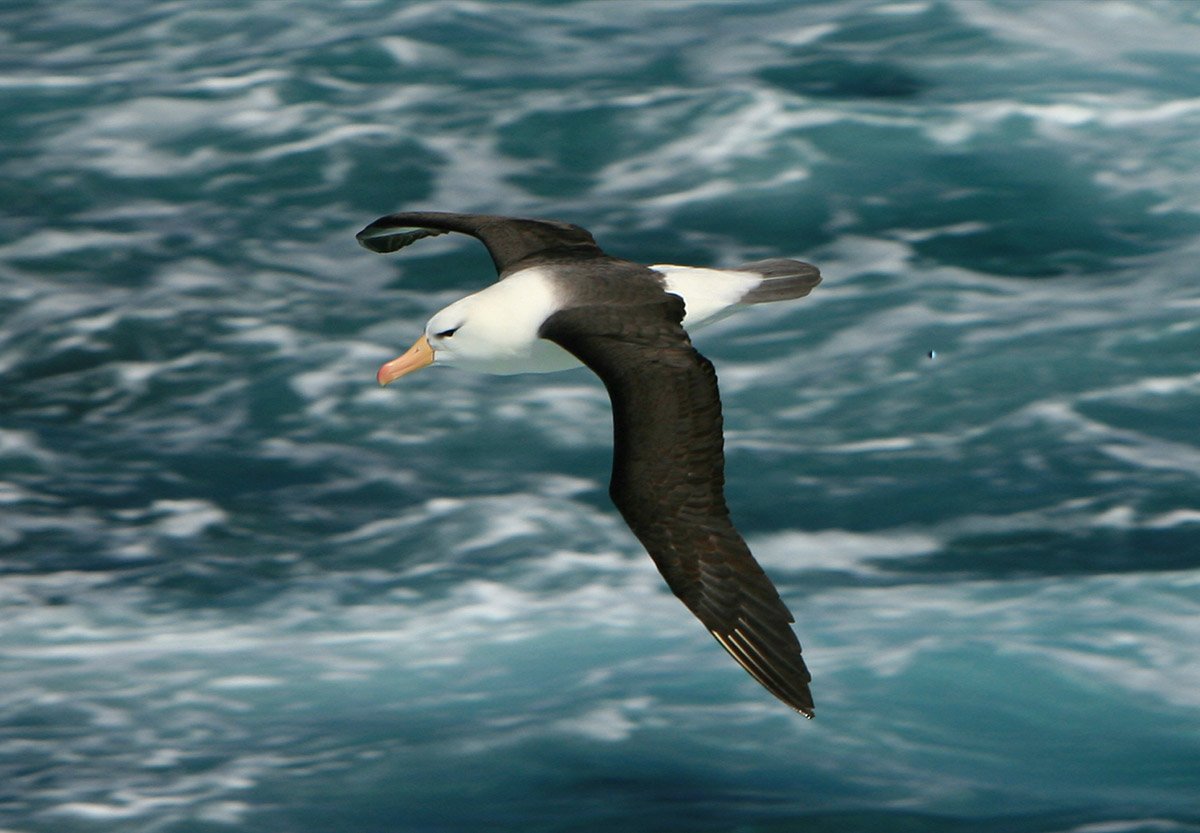
Valeria Falabella, WCS Argentina
The Argentine Sea is part of the great ecosystem of the Southern Cone Seas. It is one of the most productive ocean areas in the Southern Hemisphere, is diverse in species and environments, and contributes to human wellbeing. It contributes to mitigating climate change by ab-sorbing carbon from the atmosphere. It has a remarkable diversity and abundance of marine life, from microscopic plankton to large fish, birds, and mammals. It supports artisanal and industrial fisheries that provide employment, food, and economic resources. Its landscapes and natural spectacles, including congregations of penguins, whales, sea lions, and elephant seals, attract tourists from all over the world. Increasing human activity and climate change are leaving their mark on this rich ecosystem, which requires responsible public policy interventions to continue to provide all these benefits to humanity.
For more information, please contact Forum coordinator Andrea Michelson